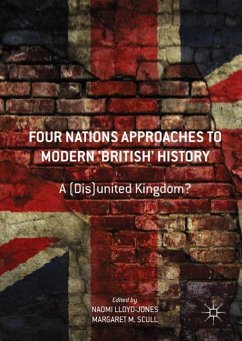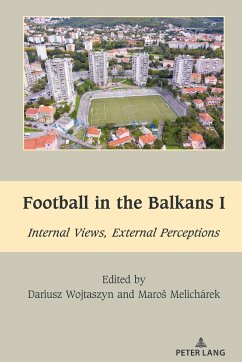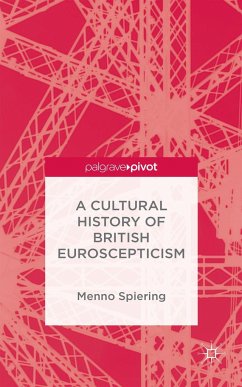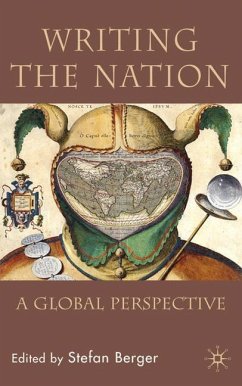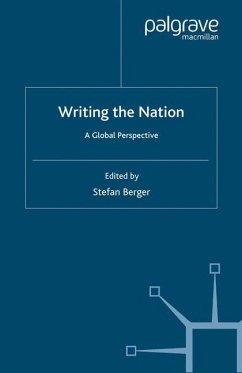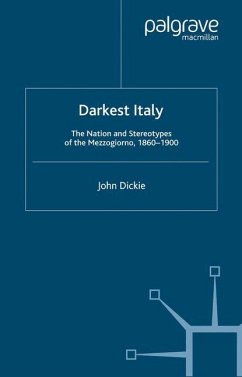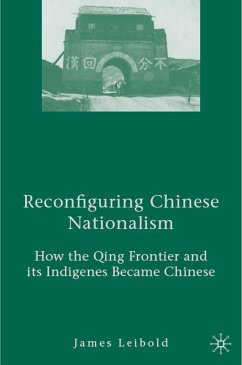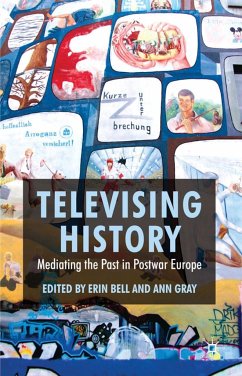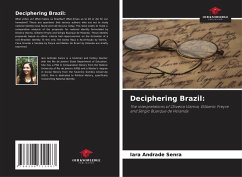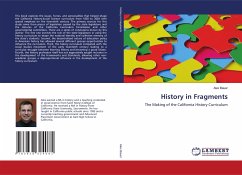
History in Fragments
The Making of the California History Curriculum
Versandkostenfrei!
Versandfertig in 6-10 Tagen
32,99 €
inkl. MwSt.

PAYBACK Punkte
16 °P sammeln!
This book explores the issues, forces, and personalities that helped shape the California History-Social Science curriculum from 1850 to 2003 with special emphasis on the twentieth century. The primary sources for this study come from pieces of legislation passed by the state legislature and the minutes of the California Curriculum Commission and other governmental committees. There are a series of conclusions drawn by this author. The first one involves the role of the state legislature in using the history curriculum to shape the national identity and collective memory of the state's student...
This book explores the issues, forces, and personalities that helped shape the California History-Social Science curriculum from 1850 to 2003 with special emphasis on the twentieth century. The primary sources for this study come from pieces of legislation passed by the state legislature and the minutes of the California Curriculum Commission and other governmental committees. There are a series of conclusions drawn by this author. The first one involves the role of the state legislature in using the history curriculum to shape the national identity and collective memory of the state's students. Second, the decentralized nature of education policy in American history has allowed several different groups opportunities to influence the curriculum. Third, the history curriculum competed with the social studies movement of the early twentieth century leading to a curricular struggle between learning history and becoming a good citizen. Fourth, the history profession itself has not aggressively sought inclusion in the development of the Frameworks and Standards, allowing other non-academic groups a disproportional influence in the development of the history curriculum.



